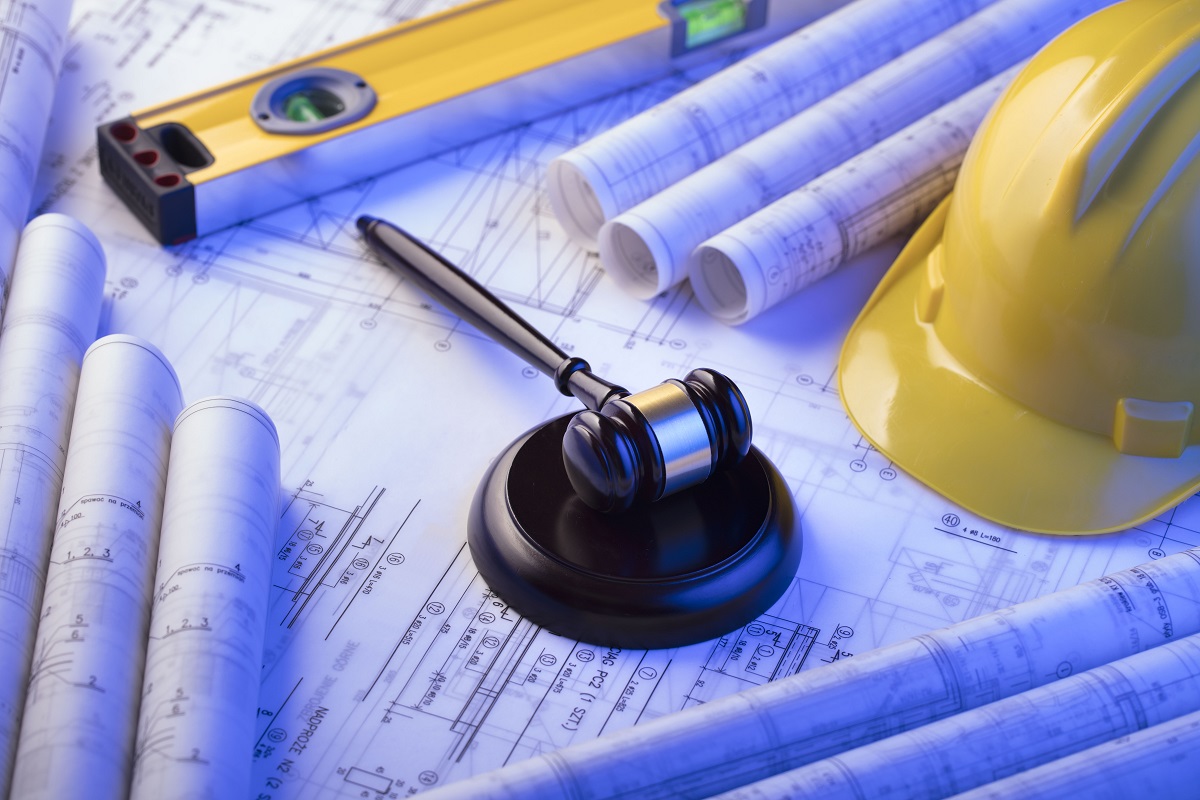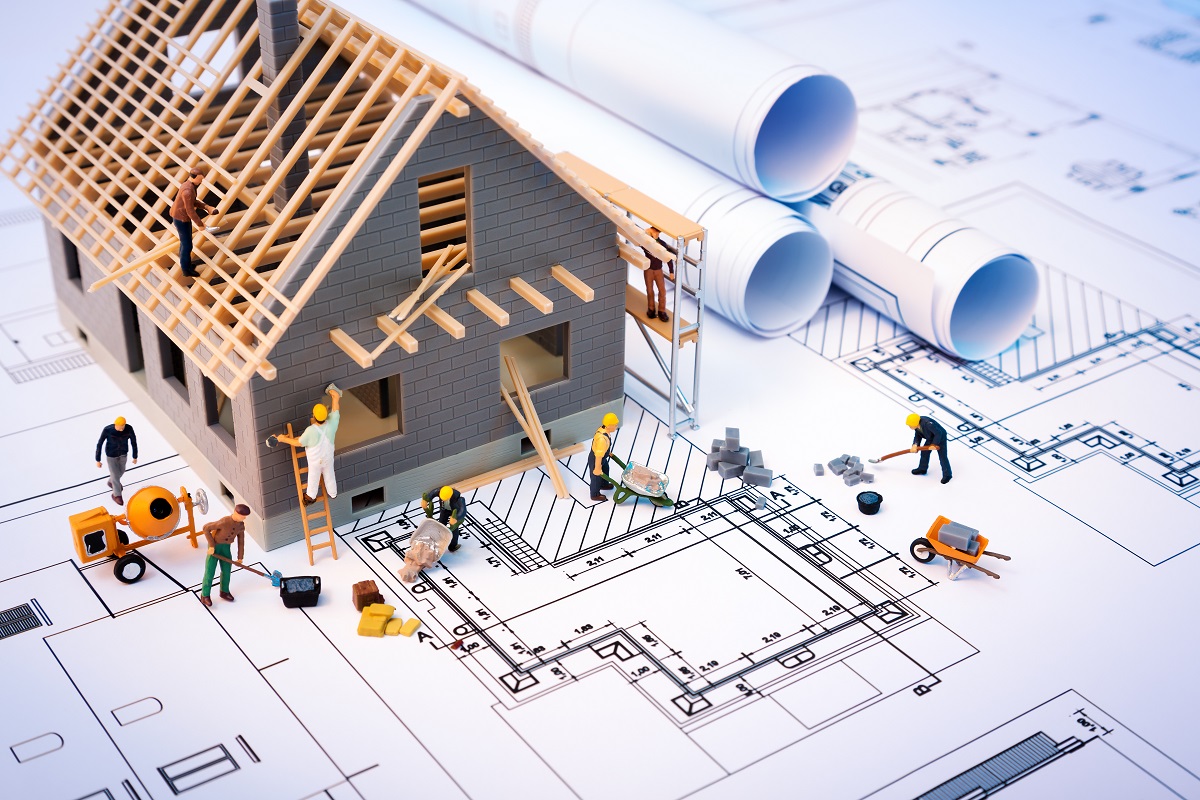Services in urban planning law
Buildability of the property: validation of the property based on its designated use and specific urban planning study.

FRELA supports you in administrative, legal, and tax procedures regarding the buildability of your property.
The FRELA lawyer representatives assist you in auditing and advising on the buildability of the property for sale or acquisition.
First, we will listen to you to understand your project and needs. With these elements, we will proceed to analyze the legal characteristics of the buildability of the properties for sale, while keeping your needs as the main priority. We will provide you with advice on the potential use, limits of buildability, and regulatory and safety obligations of your property.

Understand your rights and obligations, optimize the potential and value of your properties:
The buildability of a property or business in France is subject to complex administrative, legal, and tax procedures. As a lawyer and real estate agent, we guide our clients through all the necessary steps to successfully carry out their real estate project.
It is important to understand the administrative, legal, and tax procedures required to ensure the buildability of a property or business in France. Here are the key points to consider:
- Verification of the Local Urban Development Plan (PLU): The PLU is a document that sets the urban planning rules in a municipality. It is important to verify the urban planning rules applicable to the land on which the property or business is located.
- Consultation of urban planning regulations: The construction of a property or business may be subject to specific regulations that can vary depending on the geographical area. It is therefore necessary to check the applicable regulations.
- Obtaining a building permit: A building permit is a mandatory document for any construction project. It is issued by the municipality after examining the application.
- Verification of construction regulations: There are numerous construction regulations that can vary depending on the geographical area. It is important to ensure that the project complies with these regulations.
- Consultation of co-ownership regulations: If the property is located in a co-ownership, it is important to verify the specific regulations that must be complied with.
- Verification of easements: Easements are limitations imposed on the use of a property. The purchaser of a land subject to easements must be aware of them as soon as possible.
- Verification of environmental constraints: If the construction project is likely to have an impact on the environment, it is important to verify the applicable regulations.
- Obtaining approval from the co-ownership association: If the property is in a co-ownership, the approval of the co-ownership association is necessary for carrying out works.
- Verification of accessibility obligations: Accessibility rules apply to buildings receiving the public. It is important to check if the project is subject to specific rules.
- Verification of safety regulations: Safety regulations apply to buildings receiving the public; therefore, it is crucial to be aware of the applicable regulations for the project.
- Obtaining authorization from the Departmental Directorate of Territories (DDT): If the project is subject to specific regulations, authorization from the DDT is required.
- Verification of tax constraints: The construction of a property or business may be subject to tax constraints. It is important to check the applicable rules.
It is recommended to seek the assistance of a specialized real estate lawyer to verify the buildability of your property, ensuring that all relevant aspects of the transaction are properly taken into account and that your interests are protected.
Please contact us and present your project and questions in urban planning law.
